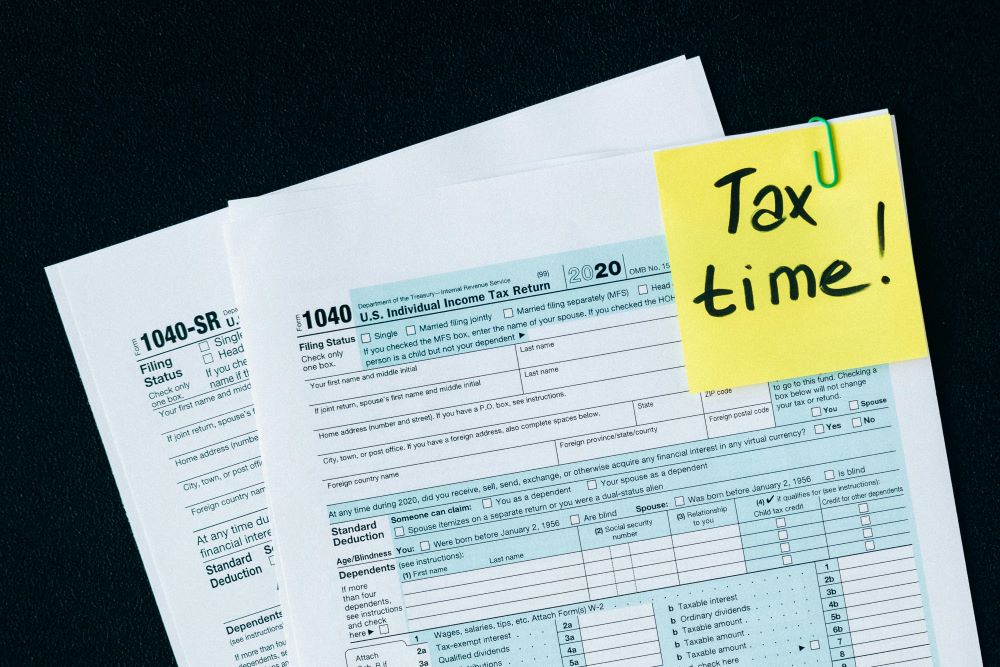CMS has reported at least 90,000 complaints of unauthorized insurance plan enrollments so far this year.
Browsing posts on video streaming sites or perusing through social media, many people may have been distracted by enticing money ads lately claiming that the U.S. government is handling out free funds. Mostly likely, the ad claims that $6,400 will be awarded each month, and this can be applied to daily living expenses likely medical expenses, groceries, rent, and other bills and essentials. Some of the advertisements even mention free health insurance.
The money ads seem fairly legitimate at first. An average individual claims they took advantage of free funds and their life changed significantly for the better. They’re excited about these changes and encourage viewers to do the same. Part of the ad usually mentions that the government has been keeping these programs under wraps or giving the money to immigrants rather than those born in the U.S. They can be quite convincing.
Despite this, the ads are also untrue. Officials haven’t been hiding anything or giving funds to those relocating to the country for the first time. There are no monthly checks for such expenses. And, because of all of the above, the ads are now facing scrutiny for their role in unauthorized enrollments into Affordable Care Act (ACA) plans. The Centers for Medicare & Medicaid Services (CMS) reported at least 90,000 complaints of unauthorized enrollments or plan-switching in the first quarter of 2024 alone.
The ACA, also known as Obamacare, is a comprehensive healthcare reform law enacted in March 2010. It was put into place to address flaws in the system that existed at the time of former Democratic President Barack Obama’s run in office with the primary goals of increasing health insurance coverage for the uninsured, improving the quality of healthcare, and reducing costs. The ACA expanded Medicaid coverage, led to the establishment of health insurance exchanges, and ended coverage denials for pre-existing conditions. It also required that all citizens have health insurance or face penalties, provided subsidies to lower socioeconomic groups, and required employers with a certain number of employees to offer insurance in the workplace.

In and of itself, the plans made available through the ACA have been worthwhile to many, especially those who are unable otherwise to carry insurance and are left not able to afford adequate healthcare. However, there are no “hidden” coverage options that can only be discovered when marketing ads reveal them. Added incentives are offered with transparency – after all, the whole purpose of the ACA is to provide more options.
House Republicans have requested investigations from the Government Accountability Office and the Office of Inspector General at the Department of Health and Human Services, suspecting fraud. The basis of this investigation lies in a conservative group’s analysis which estimated millions of U.S. citizens reported incorrect financial information in order to qualify for large ACA tax credits.
A Florida lawsuit filed in April drew attention to the issue, claiming several marketing and insurance firms circulated misleading money ads to generate commission-earning business. “Telling someone they are going to get $6,400 a month in a cash card for rent or groceries or whatever else, that is a lie, that’s fraud,” said Jason Kellogg, one of the attorneys who filed the complaint.
According to the lawsuit, when consumers call a number provided, they are not connected with government programs but with insurance call centers that paid insurance providers to auto-transfer the leads. Consumers might find they qualify for ACA tax credits, which offset premiums, but these savings go directly to insurers, not the consumers. Worse, they might end up with coverage they didn’t even select without their “proper knowledge and consent.”
The lawsuit names two enrollment sites, Benefitalign and Jet Health Solutions, and the defendants include TrueCoverage, Enhance Health, Speridian Technologies, and Minerva Marketing. The filing also names two individuals – Brandon Bowsky and Matthew Herman.
TrueCoverage spokesperson Catherine Riedel claimed the firm approves all ads and hasn’t knowingly approved misleading content. Enhance Health’s attorney called the lawsuit baseless and promised a vigorous defense.
Sources:
Misleading ads play key role in schemes to gin up unauthorized ACA sign-ups, lawsuit alleges
Is the government promising $6,400 monthly health care payments to everyone?


Join the conversation!